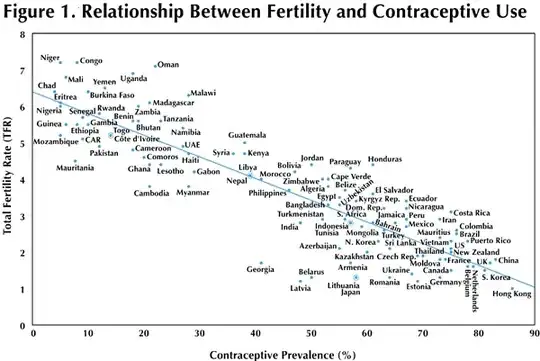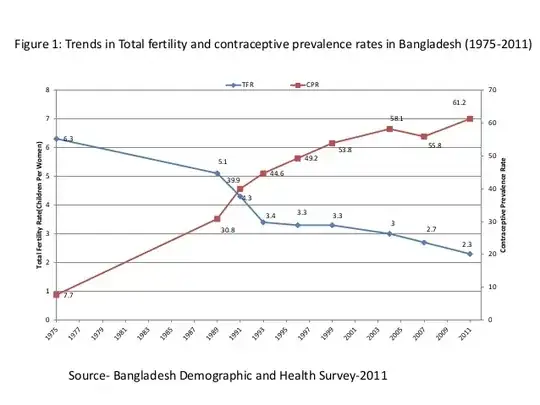Related: Natural family planning and divorce rates
A friend of mine attended Catholic Mass today and shared that the homily was entirely about contraception. From her summary, the gist was that the priest suggested that artificial contraception has directly contributed to increases in divorce and infidelity among married couples.
To back this up, here's some other similar statements:
Janet Smith, Catholic Education Resource Center
Why did the divorce rate double between the 1960s and the 1970s? ... If 80 percent of women are using some form of contraception, that makes a lot of women and a lot of men think that there is no problem with having sex with someone who is married to someone else. Many people had multiple sexual partners before they married. They don't see any particular reason to stop after they get married. Because, you see, sex was no big deal before they got married. There's no particular reason to think that it's a big deal after marriage.
The widespread problem of divorce in modern society can be laid fairly and squarely at the feet of the contraceptive mentality and the warped view of self, sexuality and married love that it entails. Proof of this can be seen in the extremely low divorce rates among couples who do not use contraception.
But the evidence is clear that this is not the case. Even as early as four years after contraceptives were first tested, researchers found that marriages in which contraceptives were used were twice as likely to end in divorce than marriages in which there was no contraceptive use. (Grant MD, Ellen Sexual Chemistry: Understanding Our Hormones, The Pill, and HRT. Mandarin Paperbacks, London, 1994.)
...
Artificial birth control also opened the door for an increase in pre-marital sex and adulterous relations.
There are some great responses and issues addressed at the related question about NFP divorce rates above, however I'd like to focus specifically on the historical divorce and infidelity rates and ask:
Have any studies focused on/attempted to specifically isolate whether or not contraceptives alone have caused (in part or whole) these rate increases?
In other words, has some study been able to conclude that, on average, some Persons A and B will divorce or be unfaithful in marriage in the presence of readily available contraceptives, but otherwise wouldn't have done so?

